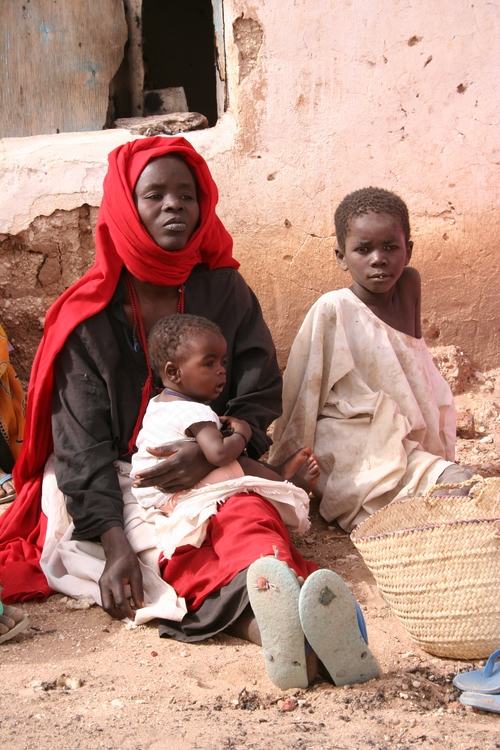
The ability of people to organize themselves politically represents an invaluable tool in checking the power of government and ensuring that public policy reflects the interests of the people. The crisis in Darfur has been compounded by the inability of citizens to meaningfully voice their grievances and hold the authorities accountable. Khartoum’s crackdown on independent civil society on the ground, however, has only amplified the widespread international opprobrium from non-governmental organizations (NGOs) around the world.
Along with our coalition partners, DWAG is a firm believer in advancing human rights and fighting for Darfuri interests by supporting women NGOs at the grassroots and national level, both in the US and back in Darfur, as well as a host of other international civil society organizations. In keeping with this philosophy, DWAG has joined the efforts led by Bashir Watch, an international movement to pressure policymakers to support the ICC’s arrest warrant for Omar al-Bashir.
By helping various NGOs build their capacity to lead desirable change, opportunities for the international community to hear directly from those most affected by the conflict will only grow and in turn sway public opinion in favor of Darfuri rights and justice for those who have continued to operate with impunity.



